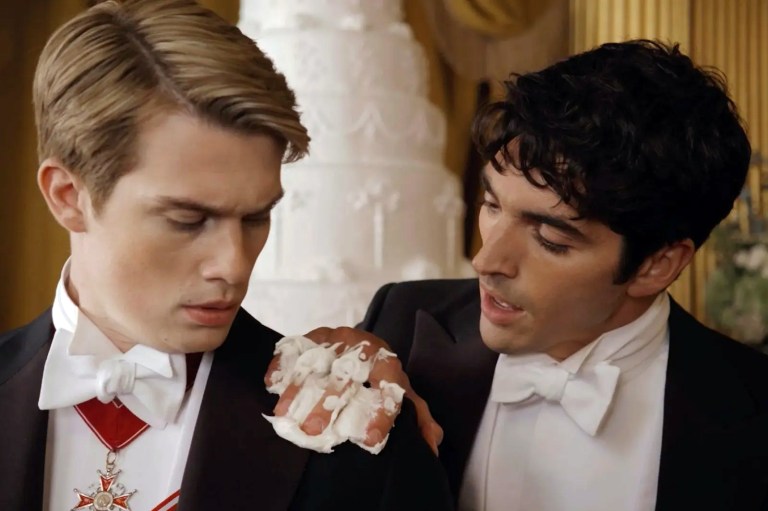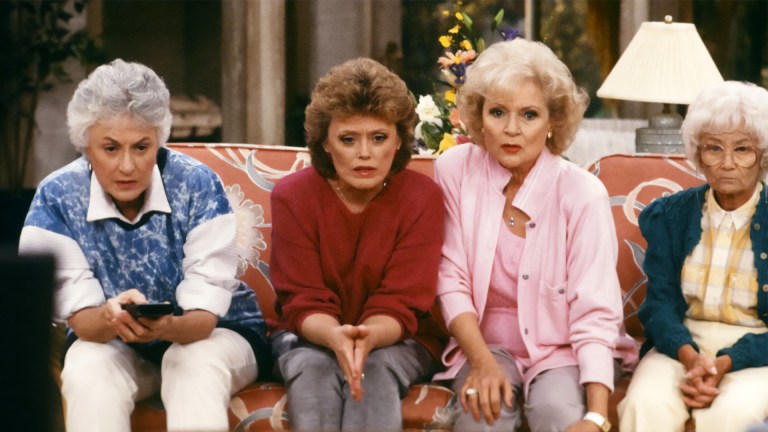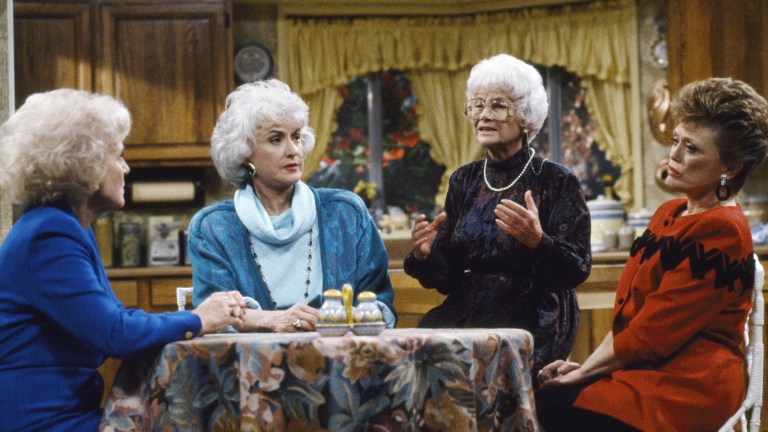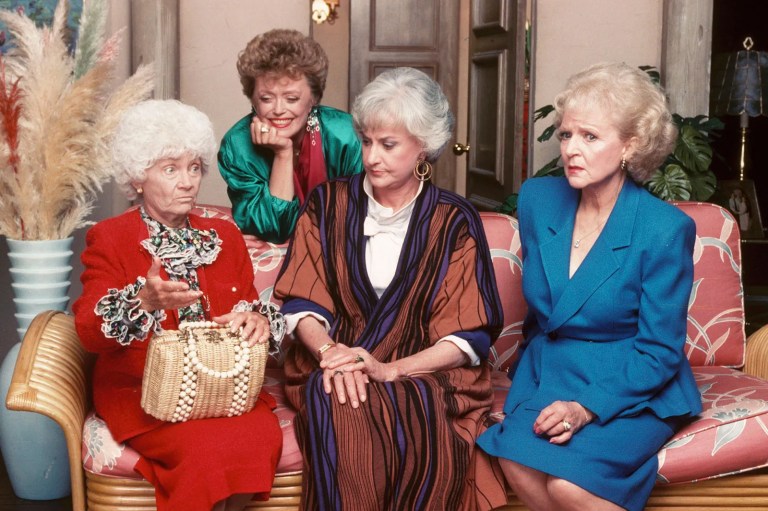
10 Little Habits Most People Don’t Realize You’re Doing Because Of Anxiety
When it becomes too much, most people probably don’t even notice that there's something wrong.
By ![]() Bria Barrows
Bria Barrows
1. Suddenly fleeing a situation for fear of a panic attack or embarrassment
There have been countless moments when anxiety has come over me all of a sudden, and in these moments, I have to recite mantras in my head to calm myself down or I’ll practice grounding techniques to slow down my heart rate.
But, sometimes, if I’m in a situation where I feel significantly overwhelmed, I’ll leave where I am so I can find somewhere to breathe and collect my thoughts.
When it becomes too much, most people probably don’t even notice that there’s something wrong.
However, fleeing a situation feels better than unraveling in front of others and desperately trying to mask what I feel.
2. Avoiding crowds or environments with too many people
This is true for many, but crowds are a major anxiety trigger for me. The noise, the people, the lights, and the sounds can all become overwhelming. So, if I’m hopping on a bus or subway, I’ll choose the one that has fewer people or is empty. For hang-out spots, I’ll go to cafes because the atmosphere is oftentimes more mellow and spacious.
I need my breathing space. If I suddenly begin to feel anxious, it’s much safer and easier for me to compose myself in a less crowded space.
3. Having a book, phone, or any other distraction in social situations
I love to read. Most of the time, I’ll have a book with me to avoid eye-contact with people in situations when I do feel anxious. Anxiety can cause you to overthink and lead you to believe that everyone’s eyes are glued onto you and can somehow see your inner thoughts and feelings. In moments where anxiety starts to take over, having a distraction is a getaway from these feelings and it allows you to cope with how you’re feeling without having to interact with people.
4. Starting a random conversation with someone, no matter how irrelevant
The idea of starting a conversation with a random person is nerve-racking in itself, but I’m great with speaking with people so I’ll randomly compliment someone or strike up a conversation about literally anything. This is all in an attempt to appear confident and deflect from feeling like someone might judge me or notice that I’m anxious and beginning to feel awkward. I just want to take the attention off of myself.
5. Dissociating
Dissociation is one of the most dreaded parts of having anxiety because you can’t tell when it will happen. It happens when you’re in the middle of a conversation, at work, in a crowd, waiting in the line at the grocery store, or even when you’re alone, which leads to overthinking or even a panic attack.
Dissociation is the brain’s coping mechanism in times of stress. When dealing with an overabundance of thoughts and worries, our minds tend to zone out to deal with the flood of overwhelming thoughts. This is why reality and time seem to slow down, conversing with someone seems unreal, and you might begin to feel that because you are “zoning out,” those around you can see it. Although this is an embarrassing and annoying feeling, it can help to remember that the mind intensifies what we are feeling when anxious.
If you think someone has noticed, chances are, they probably haven’t. Deep breathing and using grounding techniques or mantras can be helpful. Remind yourself that it will pass.
6. Appearing disinterested, annoyed or rude
Anxiety can make some people appear to be rude or disinterested in conversations or even over text. The reason for this is that anxiety makes it difficult to communicate freely or approach others with confidence. It’s not our intention to come off as rude, but sometimes it’s a defense mechanism. If you have a friend who sometimes comes across as cold or gives you short, blasé answers, they don’t hate you, they could just be struggling with anxiety.
7. Lacking focus
In the middle of panic or anxious feelings, it can be difficult to concentrate on things and it can make you perform slower than you anticipate because your ability to process information slows down. When this happens to me, someone might point it out and probably just think I’m absent minded but sometimes I’m a little anxious and it takes me some time to process things. I know this has been an obstacle for me at jobs. If I’m learning something new and I’m also anxious at the same time, it may seem like a difficult task, because it’s taking me longer to process everything.
8. Fidgeting or constantly moving
Playing with your hair, moving around in your seat, lip biting, nail biting, eye twitching, and pacing are all signs of anxiety. These are usually brought on by the fight-or-flight response to events, surroundings, and thoughts. It’s common to fidget in moments where we are surrounded by crowds, under immense pressure or if it’s just a habit.
9. Avoiding eye contact
Avoiding eye contact because of anxiety happens when we might feel embarrassed or flustered.
I avoid eye contact when I’m in crowds or in spaces where I’m surrounded by people. I feel overstimulated and I don’t know where to focus. Due to this, I usually keep my head in my book until I feel relaxed enough to try and make eye contact with someone.
10. Having a negative outlook or using ‘fear words’
“But what if it doesn’t work out?”
“That’s true, but…”
”I’m worried it will never work out.”
Usually, people who struggle with anxiety have a hard time seeing the glass half full or just thinking of a positive outcome. We are constantly in a state of worry, even over little things and sometimes this can put a damper on things when they are going well.
Struggling with anxiety and overcoming our habits is difficult. Sometimes there isn’t a magic fix to immediately help ease our thoughts and actions. But, knowing our triggers and the source of our habits allows us to find solutions and mechanisms that work and can help us feel more at ease in our everyday lives.











